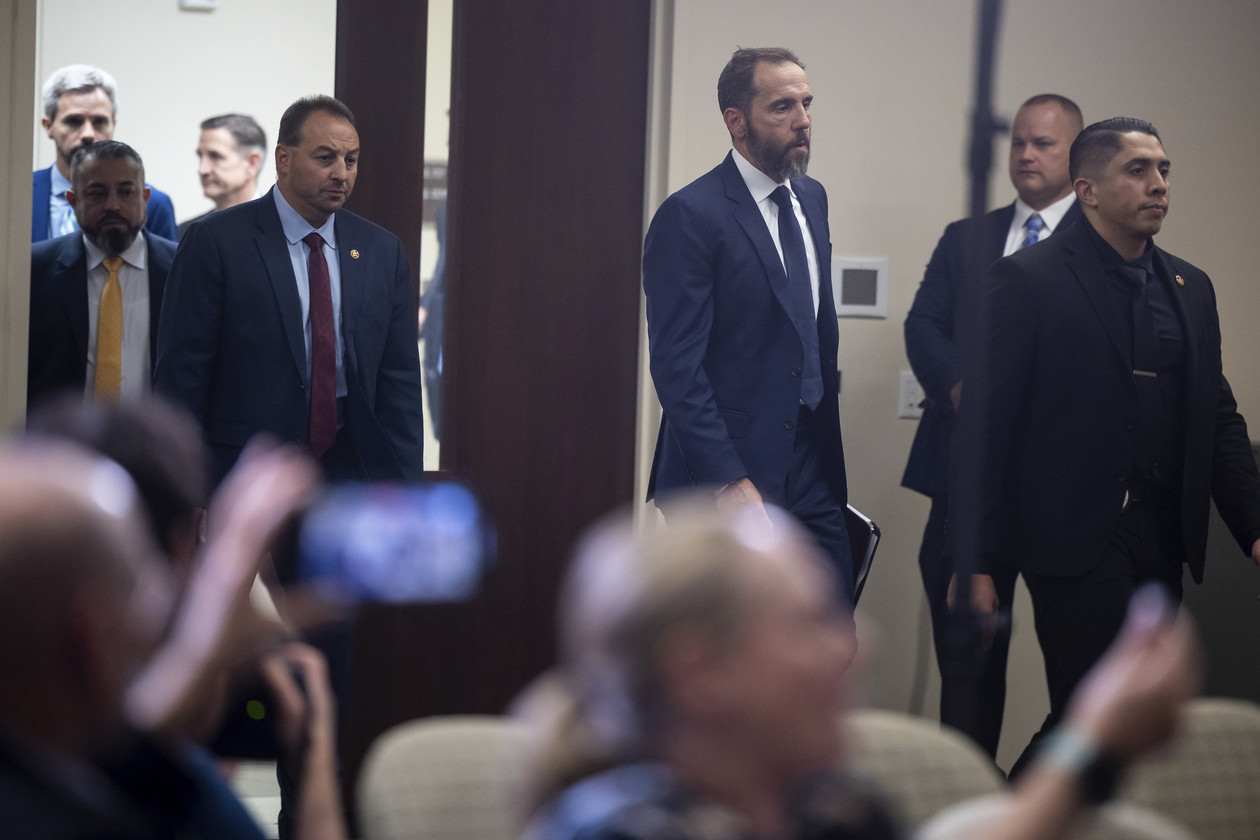On January 2, 2024, less than four months from now, special counsel Jack Smith hopes to try Donald Trump on charges connected to his attempt to undermine the 2020 election.
An expedited schedule like this would ensure that the serious criminal charges against Trump would be discussed at length just before Republican primary voters cast their ballots.
The accelerated schedule, according to the prosecution, stems from the unprecedented level of public interest in a swift resolution to this case.
According to court documents filed on Thursday, assistant special counsel Molly Gaston wrote, “it is difficult to imagine a public interest stronger than the one in this case,” referring to the fact that “the defendant — the former President of the United States — is charged with three criminal conspiracies intended to undermine the federal government, obstruct the certification of the 2020 presidential election, and disenfranchise voters.”
The prosecution has gone to considerable pains to ensure that the defence can easily assess the “large amount” of material they plan to send to them within the next several days in order to prepare for trial. Once U.S. District Court Judge Tanya Chutkan issues a “protective order” governing the handling of the material, they claim they are prepared to turn over evidence like as grand jury transcripts, witness interviews, and evidence gathered through “numerous sealed search warrants.”
Trump’s legal team has already predicted a drastically different outlook on the case and is scheduled to file its own suggested trial timeline next week. John Lauro, Trump’s attorney, has stated that the assessment and organisation of evidence might take years, far beyond the 2024 election in which Trump is favoured to be the Republican contender.
If Chutkan accepts a schedule that is similar to what prosecutors have requested, Trump will be facing three criminal trials before the end of the primary season. New York state criminal charges allege that he altered business papers to hide an affair with a porn star; his trial is set for March. Federal accusations, also brought by Smith, allege that after leaving office, he hoarded sensitive information at his Mar-a-Lago residence. His criminal trial for these charges is scheduled to begin in May in Florida.
Smith’s team has stated that they plan to present evidence in the case for four to six weeks. Considering Trump’s previous legal commitments, this would keep him in court for the majority of the first three months of 2024.
In their eight-page response, Smith’s team strongly contested Lauro’s portrayal of the facts, arguing that it misconstrued how much preparation Trump would need to be ready for trial. They point out that the House select committee on January 6 has already made public large portions of the prosecution’s case.
Gaston noted that Trump was represented at his arraignment by Evan Corcoran, a lawyer who was “familiar with certain relevant pre-indictment information,” and that “the defendant and his counsel have long been aware of details of the Government’s investigation leading to his indictment.”
She concluded, “In sum, the defendant has a greater and more detailed understanding of the evidence supporting the charges against him at the outset of this criminal case than most defendants,” and added that he was being “ably advised” by multiple attorneys, some of whom had been representing him for the past year.
It is worth noting that prosecutors plan to seek a different timetable for a hearing on the possibility that a “minimal amount of classified information” may be part of the evidence they submit to Trump in the case.
Prosecutors have proposed a calendar in which Trump and the special counsel exchange pertinent motions throughout the fall, with jury selection beginning on December 11. This date is just three months from today, on December 11. To prevent jurors from having to sit through the holidays, the prosecution suggested that they be excused until a “date certain” in January once they were selected.









